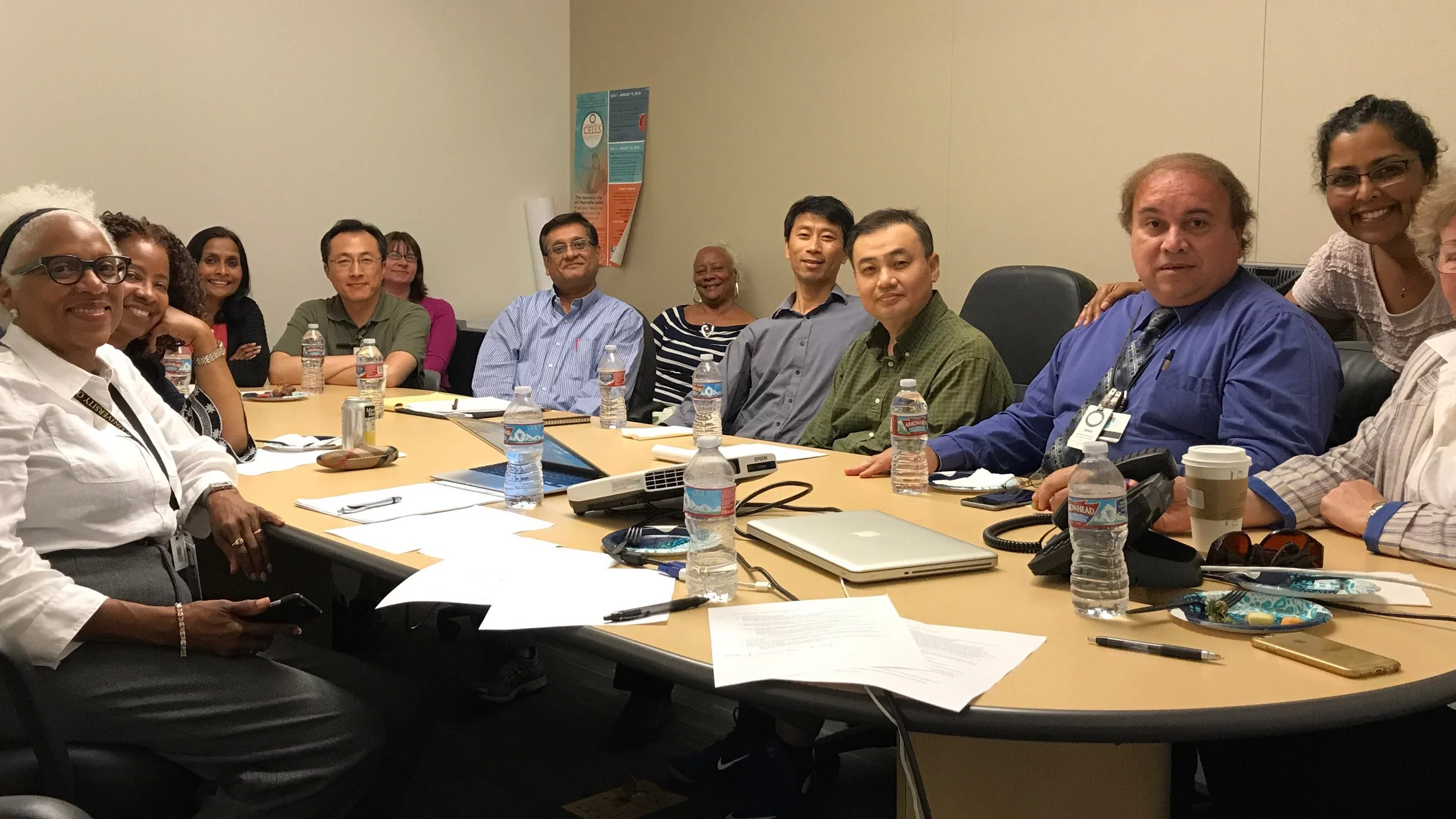CERP Initiatives & Activities

Learn more about the initiatives and activities of the Community Engagement and Research Program.
Consultations
CERP offers consultation services for grant proposal reviews, match-making, manuscript review, and general information related to community-engaged research.
Dissemination, implementation and improvement (DII)
Dissemination and implementation science can solve the complex challenge of bringing health innovations to practice through the development of evidence-based strategies.
Funding opportunities
Obtain funding for community-academic teams and community organizations. Opportunities include: community partnered research projects that foster a better understanding of health through community engagement, for work addressing health or social inequities, and for pilot grants to support the design and small scale implementation of interventions within the Los Angeles County Department of Health Services that will achieve the goals of quality, efficiency and patient centered care.
The "How to" series
"How To" documents are designed to help inform and guide community partners on a range of clinical research topics, including how to:
-
How to Design a Memorandum of Understanding
-
How to Pretest a Survey Questionnaire
-
How to Translate Research Documents for Non-English Speaking Participants
-
How to Design a Partnered Consent Form
-
How to Include Community Partners in Data Collection
News series on community health
Stay informed! CERP-sponsored health articles are published monthly in both La Opinión - a Spanish-language news outlet that publishes a website and a daily newspaper based in Los Angeles, California - and The Los Angeles Sentinel, an African American owned and operated newspaper that puts emphasis on issues concerning the African American community and its readers.
Team science training
Multidisciplinary team training package for dissemination! Access team-based training for community-partnered team for team building, relationship building, group problem solving. Materials are adapted from a NSF-funding academic team science training with community stakeholders to better relate and engage with community members.